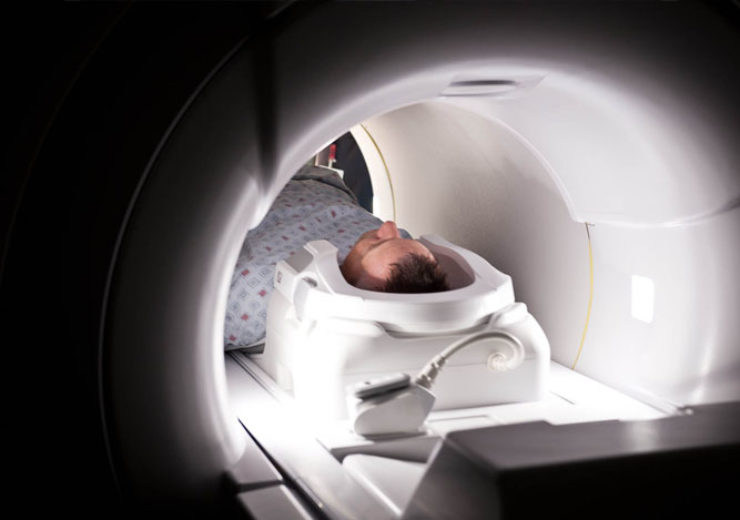GE has rolled out Clariscan in 10ml, 15ml and 20ml single-dose vials, packaged with a 2D data matrix that provides product information

Image: GE Healthcare secures US FDA approval for its macrocyclic MRI contrast agent Clariscan. Photo: Courtesy of General Electric.
GE Healthcare has secured the US Food and Drug Administration (FDA) approval for its macrocyclic, ionic, gadolinium-based, MRI contrast agent Clariscan, for US patients and radiologists.
Clariscan is intended to be used with magnetic resonance imaging (MRI) in brain (intracranial), spine and associated tissues in adult and paediatric patients to detect and visualise areas with disruption of the blood brain barrier (BBB) and/or abnormal vascularity.
GE Healthcare pharmaceutical diagnostics president and CEO Kevin O’Neill said: “Demand for contrast media has significantly increased over the past decade. The introduction of Clariscan increases our clinical offering for U.S. radiologists, enhancing visualization to provide better patient care.
“Our customers rely on our high-quality products, first-rate supply network, and surrounding services to support their day-to-day work.”
GE Healthcare manufactures Clariscan using advanced manufacturing process
GE Healthcare said that Clariscan marks the latest in its range of imaging agents offered in the US, and it has been approved in more than 55 countries across the world.
The company manufactures Clariscan using a unique manufacturing process in Norway, where it manages all stages of manufacturing, from the development of the active pharmaceutical ingredient (API) to finished product.
GE has rolled out Clariscan in 10ml, 15ml and 20ml single-dose vials, packaged with a 2D data matrix that provides product information including national drug code number, individual lot number, and expiration date.
The information from the product packaging label can be scanned and uploaded onto electronic medical systems to reduce the risk of manual data entry errors and enhance medical centres workflow.
The company claims that it has been providing imaging agents for regular use across MRI, X-ray/CT and ultrasound for enhanced image and diagnosis, for more than 40 years.
Fellow of the American College of Radiology Dr. Lawrence Tanenbaum said: “The FDA’s approval of this macrocyclic MR agent adds to the range of contrast media options available here in the U.S. and as radiologists we welcome this broader choice.”
